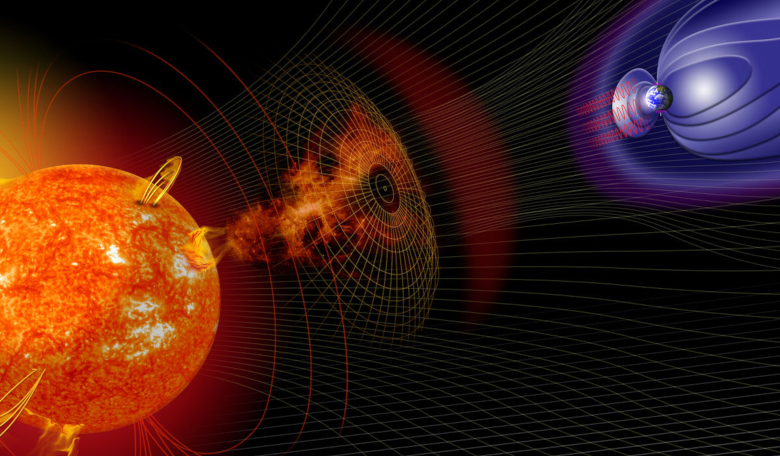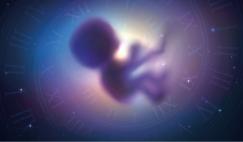The National Oceanic and Atmospheric Administration (NOAA) in partnership with the NASA Tournament Lab today announced its crowdsourcing challenge, “MagNet: Model the Geomagnetic Field”. The challenge, which is being implemented by DrivenData and HeroX, seeks to mitigate the impact of geomagnetic storms on navigation systems through improved forecasting by increasing the accuracy in real-time magnetic field modelling and reducing errors in the magnetic navigation systems.
NOAA is calling on the global community of problem solvers and data scientists to develop better models to forecast changes in Earth’s magnetic field. The transfer of energy from solar wind into Earth’s magnetic field causes geomagnetic storms. The resulting variations in the magnetic field increase errors in magnetic navigation.
Over the past three decades, models were proposed for forecasting solar winds and variations in the magnetic field, including empirical, physics-based, and machine learning approaches. While the machine learning models generally perform better than models based on the other approaches, there is still much room to improve, especially when predicting extreme events. More importantly, we seek solutions that work on the raw, real-time data streams and are agnostic to sensor malfunctions and noise.
The goal of this challenge is to develop models for forecasting variations in the magnetic field that (1) push the boundary of predictive performance, (2) do so under operationally viable constraints, and (3) use specified real-time solar-wind data feeds. All prize-winning solutions will be released under an open-source license for ongoing use and learning by the community.
“As we enter the next solar cycle and the navigation technologies we rely on everyday are always advancing, it is all the more important that we are prepared and deploying the most updated environmental information services possible,” said Rob Redmon, a space scientist and the lead of the NCEI Solar & Terrestrial Physics Section, NOAA National Centers for Environmental Information (NCEI), which partners with the Cooperative Institute for Research in Environmental Sciences (CIRES) to develop magnetic modelling knowledge and applications. “This is an area where we need input and insight from the crowd.”
GPS provides accurate point locations, but it does not provide pointing directions. Therefore, the absolute directional information provided by Earth’s magnetic field is of primary importance for navigation and for systems used by aircraft, ships, antennas, satellites, directional-drilling, and smartphones. NCEI and CIRES develop magnetic reference field models to aid navigation and scientific research.
“Since geomagnetic storms increase the pointing error, the accuracy of the magnetic disturbance forecasting is critically important for our operational magnetic reference models,” said Manoj Nair, a research scientist with the CIRES/NCEI geomagnetism team.
“We look forward to hearing from our network of problem solvers because this is something we all have a stake in,” said Christian Cotichini, CEO, of HeroX. “Better understanding geomagnetic storms means we can better respond to them, and protect our technology systems against serious events.”
“This is a hard problem where many different approaches may prove useful. A machine learning challenge enables thousands of data experts to bring their diverse backgrounds, skills, and ideas to produce the best results for magnetic field monitoring,” said Greg Lipstein, CEO and Co-Founder, of DrivenData.
How to Become a Finalist Finalists and runners-up will be determined by performance on a private test set of historical measurements. These participants will then have the opportunity to submit their code to be audited using an out-of-sample verification set. The top four eligible teams that pass this final check will be awarded prizes.
To accept the challenge and learn more, visit: www.drivendata.org/competitions/73/noaa-magnetic-forecasting/











